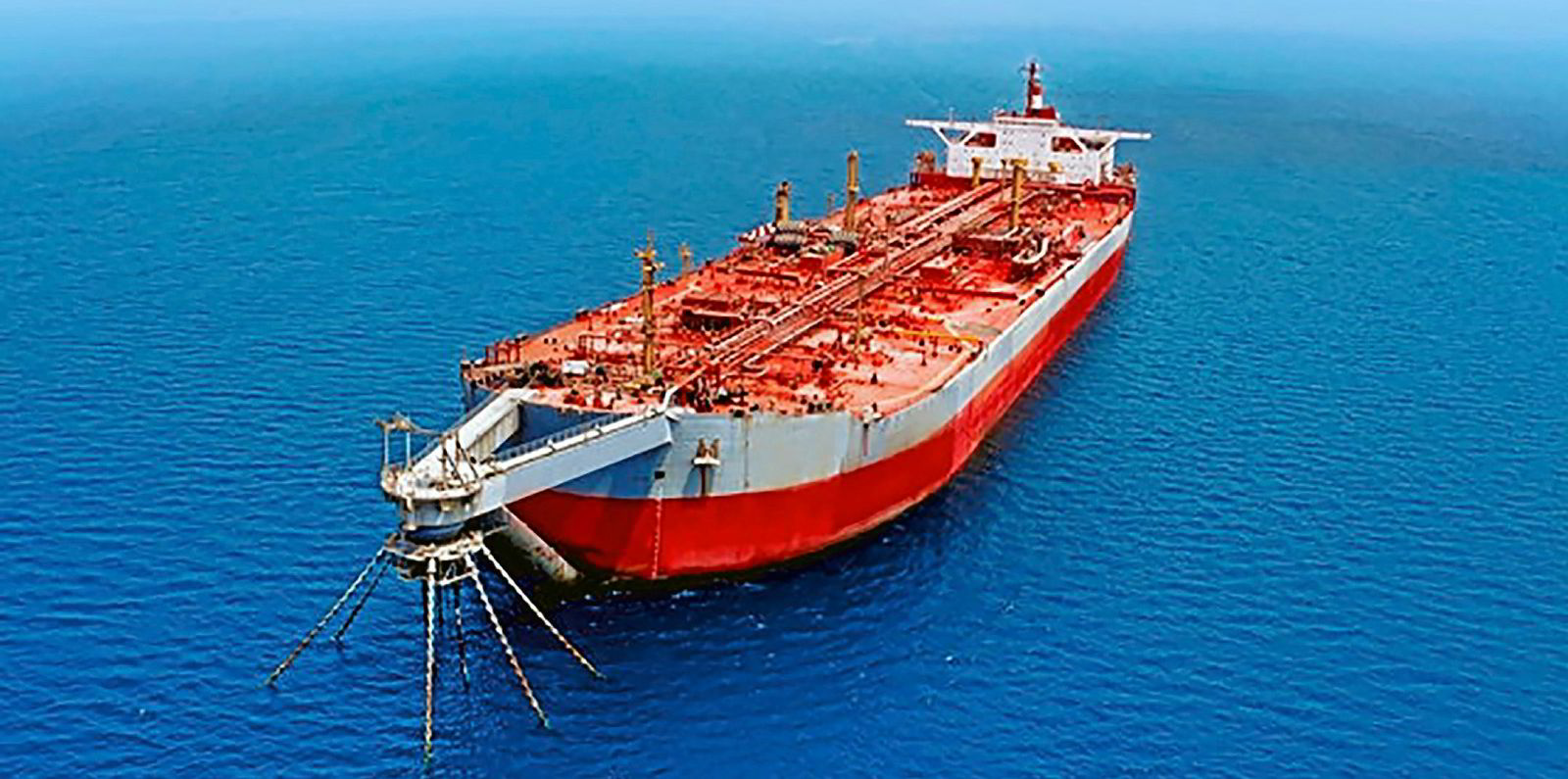The United Nations plans to buy a tanker to replace a deteriorating floating storage and offloading vessel controlled by Yemen’s rebel Houthi group.
The move is part of a proposal to lighter crude from the rotting ship that threatens an environmental catastrophe in the Red Sea.
A memorandum of understanding signed by the Houthis on 5 March allows the UN to transfer about 1.1m barrels of light Marib oil from the 406,600-dwt FSO Safer (built 1976), moored 8km off Ras Isa.
The idea is to move the crude to a secure vessel that would remain in place.
A new tanker would then be purchased for the Houthis within 18 months to replace the Safer, providing them with reassurance that they will be able to resume a profitable oil export industry when the civil war ends.
The FSO will be towed away for scrapping and the Houthis will have no legal or commercial liability for the operation.
But funding may be a problem.
AP reported that a UN cash-pledging conference raised $33m on Wednesday, far short of funds needed for the salvage bid.
The UN had originally sought $144m, including $80m for the lightering that is planned to be completed before the end of September.
Weather risk ahead
If this is not done, the vessel could face turbulent winds that usually occur from October.
The UN said it now has a total of $40m, including previously committed funds.
The cash all came from European countries and the wealthy Gulf nation of Qatar.
Saudi Arabia and the United Arab Emirates, which lead a military coalition fighting the Houthis, did not come up with any money.
The single-hull ship has been described as a floating time bomb.
The FSO, owned by Yemen’s Safer E&P Operation Co, has not been operational since March 2015, when the area fell under the control of the Houthis.
The UN estimates that $20bn would be needed to clean up an oil spill from the FSO.





